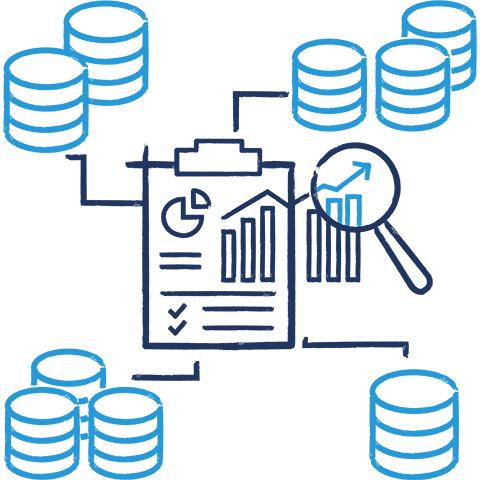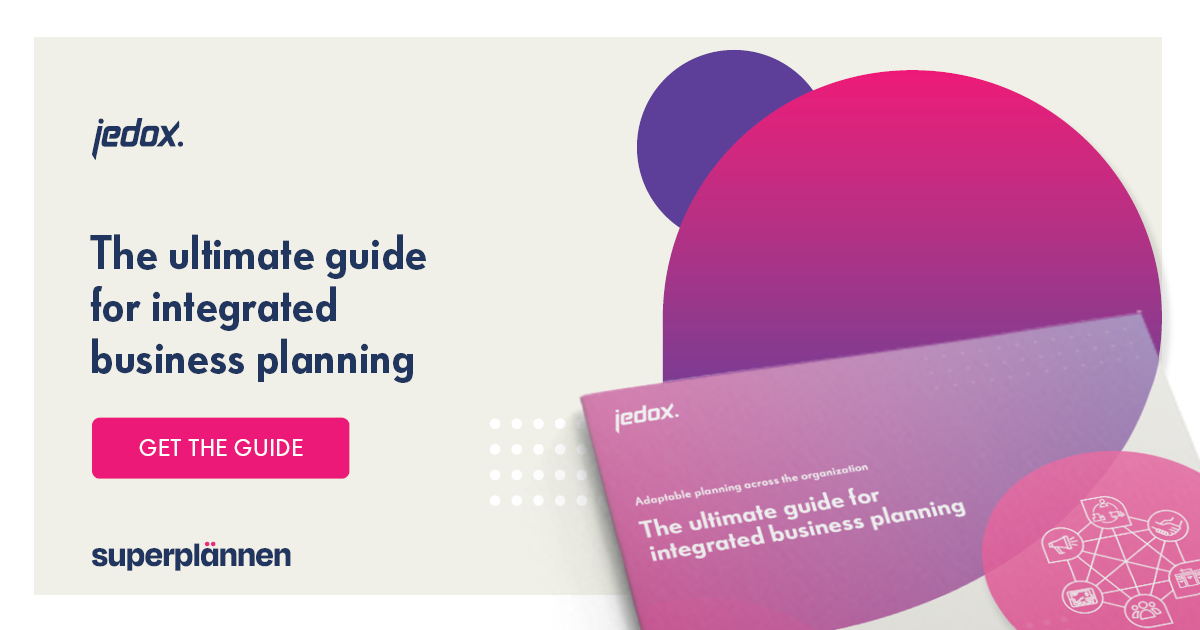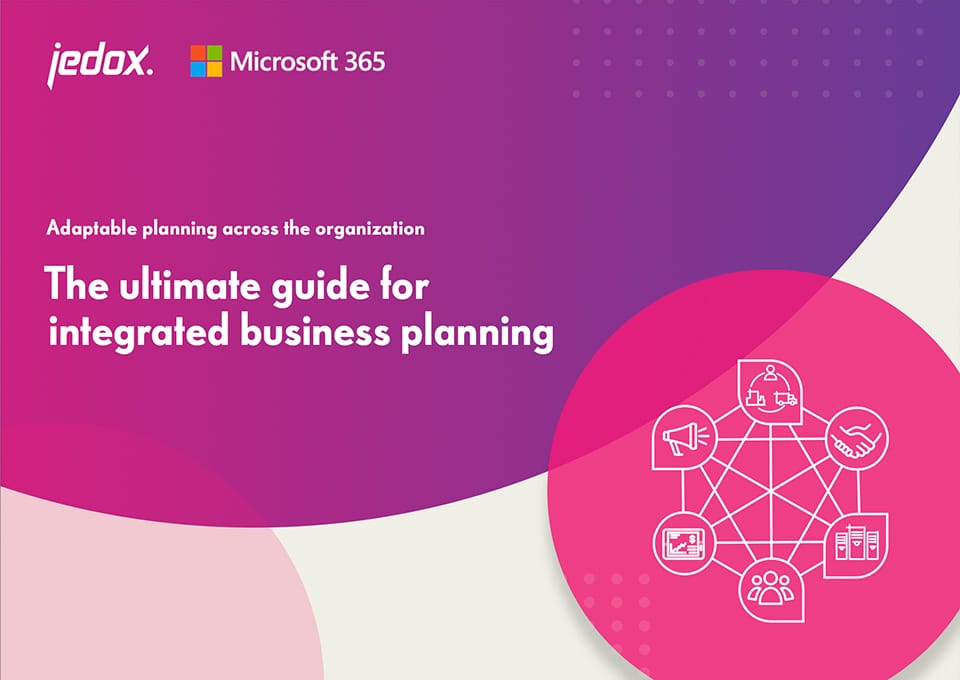
Ad-hoc reporting
Fast, clear and yet precise. Ad-hoc reporting is a modern form of information exchange within a business or organization. As businesses are constantly changing, the questions that decision makers seek answers from in their data also changes. Subsequently, any reporting tools or systems must provide Ad-hoc reporting ability for the organization to be able to keep pace with changes.
What is Ad-hoc reporting?
Ad-hoc reporting is the creation of a report on a current event. In contrast to standard reporting, reports are created when there is a specific need for information. If this information is required more frequently, a standard report can be generated from an Ad-hoc report, for example, after the report has been enhanced in terms of content and appearance.
Why is Ad-hoc reporting important?
In a narrower sense, an ad-hoc report is a spontaneous report that displays information in a table or graph. Ad-hoc reports are usually brief and the result of a question that has not already been answered in standard reports.
As there is a limit to how many questions that can be anticipated and answered with traditional types of reporting, ad-hoc reporting can be very useful to answer unexpected questions that arise after a more careful examination of the data.
Not all ad-hoc reporting is the same. Sometimes, finance professionals are looking for reports in their Financial Planning & Analysis (FP&A) that can be reused for future reporting. Sometimes, only a single data query is needed to extra a record. Digital tools can support smoother and more efficient data queries.
Ad-hoc reports can fill specific business needs such as:
- Investors demand the latest business metrics
- Departments need to know current Key Performance Indicators (KPI)
- Management requires additional data on different revenue lines
Advantages of using Ad-hoc reporting technology
- Reduction of IT workload: The self-service nature of ad-hoc reporting allows organizations to work with customized reports on niche areas of the enterprise without relying on technical support from developers. This saves time and money and minimizes potential cross-departmental barriers.
- User-friendly: Because modern ad-hoc reporting solutions are inherently intuitive and visual, it is easier than ever to find the right answers to the right questions. This enables organizations to make decisions and take initiatives that help improve their business without having to struggle through mountains of data.
- Flexibility and customization: One of the biggest benefits of ad-hoc reporting is the ability to easily adapt to an ever-changing business environment. This allows you to select report elements individually. Organizations can ask questions and make adjustments to meet their unique needs and objectives.
- Access to multiple data sources: By accessing multiple data sources in a single location, an ad-hoc report can easily answer current and pending business questions with any data object in the company. Robust ad-hoc reporting solutions makes it easy to retrieve and manage data.
What are the problems with Ad-hoc reporting?
- Time factor: Nowadays, decision-makers in all departments need quick answers to new, spontaneous questions and therefore also need direct access to the necessary data material.
- Excel as a stopgap: Excel is often used as a substitute. However, beware: Excel is not a data analysis tool and therefore cannot deliver the required results.
- Lack of flexibility: In order to be able to react quickly to new requirements, data should ideally be adaptable with just a few clicks. Only a high degree of flexibility makes ad hoc reporting possible.
How Jedox solves these problems
- Jedox enables new insights to be gained from diverse business data. It allows you to create and share simple and powerful ad hoc reports in minutes and without involving IT.
- Jedox offers an Excel-like user interface. Designing, deploying and managing interactive ad hoc reports and dashboards has never been easier.
- Jedox helps an organization’s business departments flexibly adapt and transform their data into valuable new insights. This enables data-driven decisions to be made in real time and optimizes planning with Excel.
How is an Ad-hoc report created?
In the age of Digital Transformation, modern digital tools offer efficient solutions that quickly outpace the old methods of creating ad-hoc reports. For the preparation of an ad-hoc report, for example in the course of financial planning and analysis (FP&A) activities, today users can take advantage of a powerful analytics tool and business intelligence application which enables rapid data analysis.
The following aspects are crucial:
- Compactness
- Introduction and end
- Target group orientation
Faster, more targeted, and more efficient tools for reporting can include categories such as:
- Sales
- Liquidity
- Stability of corporate financing
- Ratio of total assets to equity
- Sales trends
- Customer development
- Loss development
- Forecast of margins
- Key figures for employee data





